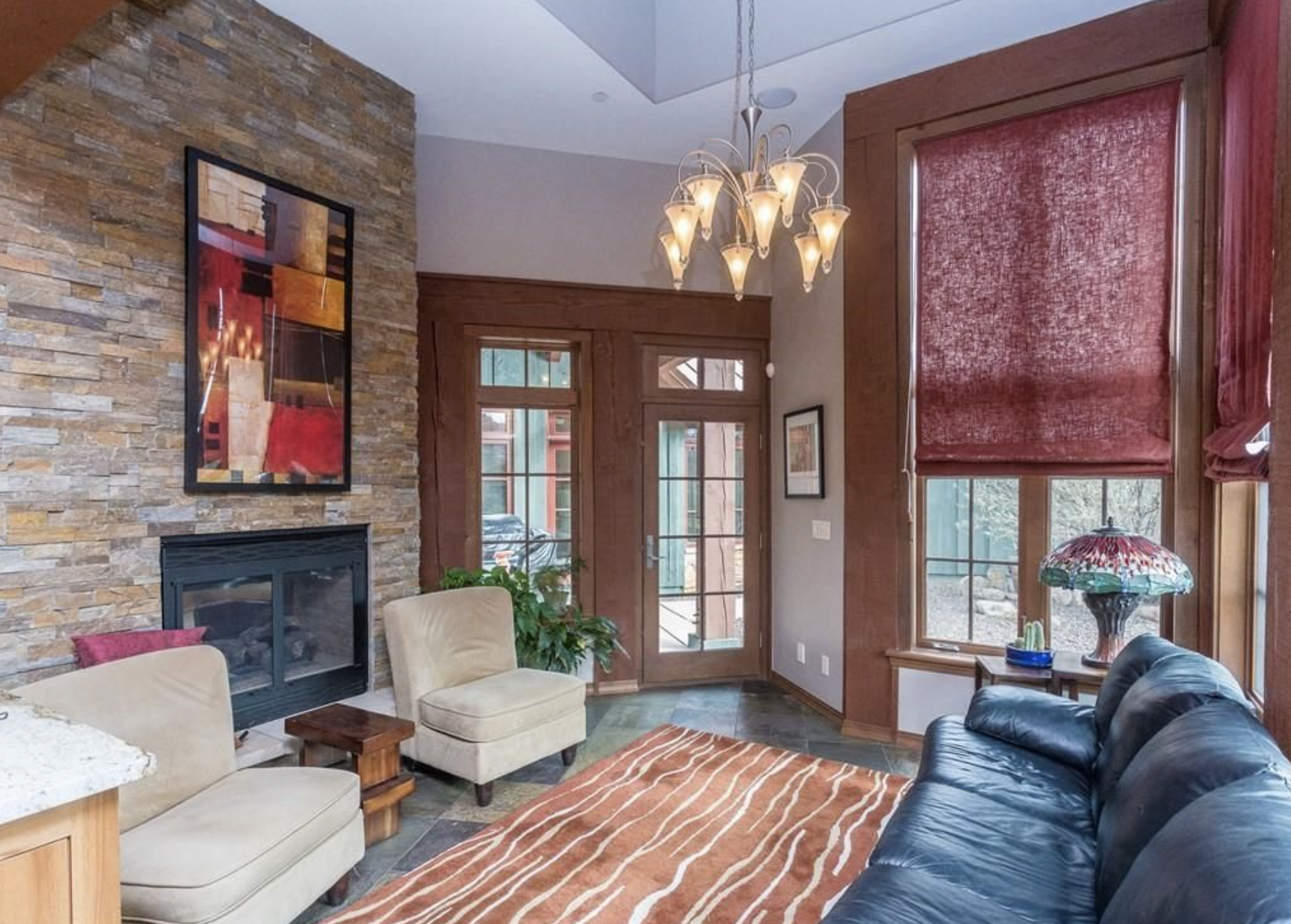Purchasing a home can feel overwhelming at times, but a short sale home offers a unique opportunity for a prospective buyer. A short sale occurs when a homeowner owes a lender more than their home is worth, and the lender agrees to let the owner sell the home and accept less than what is owed. Lenders may agree to a short sale because they believe it will net them more money than going forward with a lengthy and costly foreclosure process.
Short sales do differ in a number of ways from conventional home sales. Here are a few things to consider if you're thinking about buying a short sale property.
- Short sale homes sell for less, but not significantly less than market value.
Buyers hoping to snap up a home for half the market value will be disappointed. The selling price for short sales averages about 10 percent less than for non-distressed properties. The bank is looking to recover as much of the value of the home as possible, so they will not accept offers that are significantly under market value. That said, with savings that can equal tens of thousands of dollars, a short sale is a great way to get more house for your money.
- Short sale properties are sold "as is".
The lender will not be making repairs to the home. Any improvements that need to be made are most likely going to be the responsibility of the buyer. A savvy buyer's agent/broker will get contractor bids for any necessary repairs and use those to help negotiate a lower sales price with the bank.
- A short sale will take longer than a conventional home sale.
Once you and the seller have mutual acceptance on an offer, you need to allow 60 to 90 days for the lender approval process. There are often long stretches when the offer is slowly winding its way through the bank's system, so buyers need to be patient.
- If you have to sell your home first, a short sale is probably not the best fit.
Lenders generally will not take contingent offers on a short sale.
- A short sale is one real estate transaction that you shouldn't attempt on your own.
Short sales are complicated transactions that involve a different process and significantly more paperwork than a standard real estate sale. An agent/broker that is unfamiliar with short sales can write an offer in such a way that they inadvertently cause their buyers to lose the deal. An experienced short sale agent/broker will protect your interest and help the process move forward smoothly.
The bottom line: As long as you can be patient, and are working with an agent/broker who understands the process, buying a short sale is a great way to purchase the house you want at a price you'll love.
 Facebook
Facebook
 X
X
 Pinterest
Pinterest
 Copy Link
Copy Link



